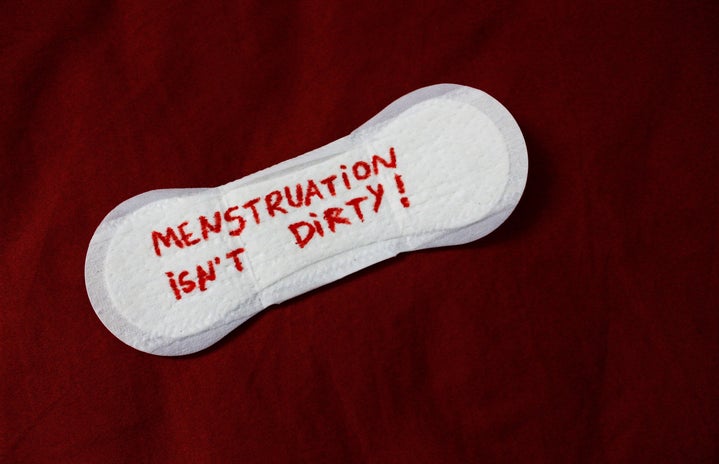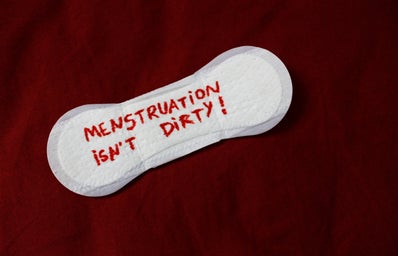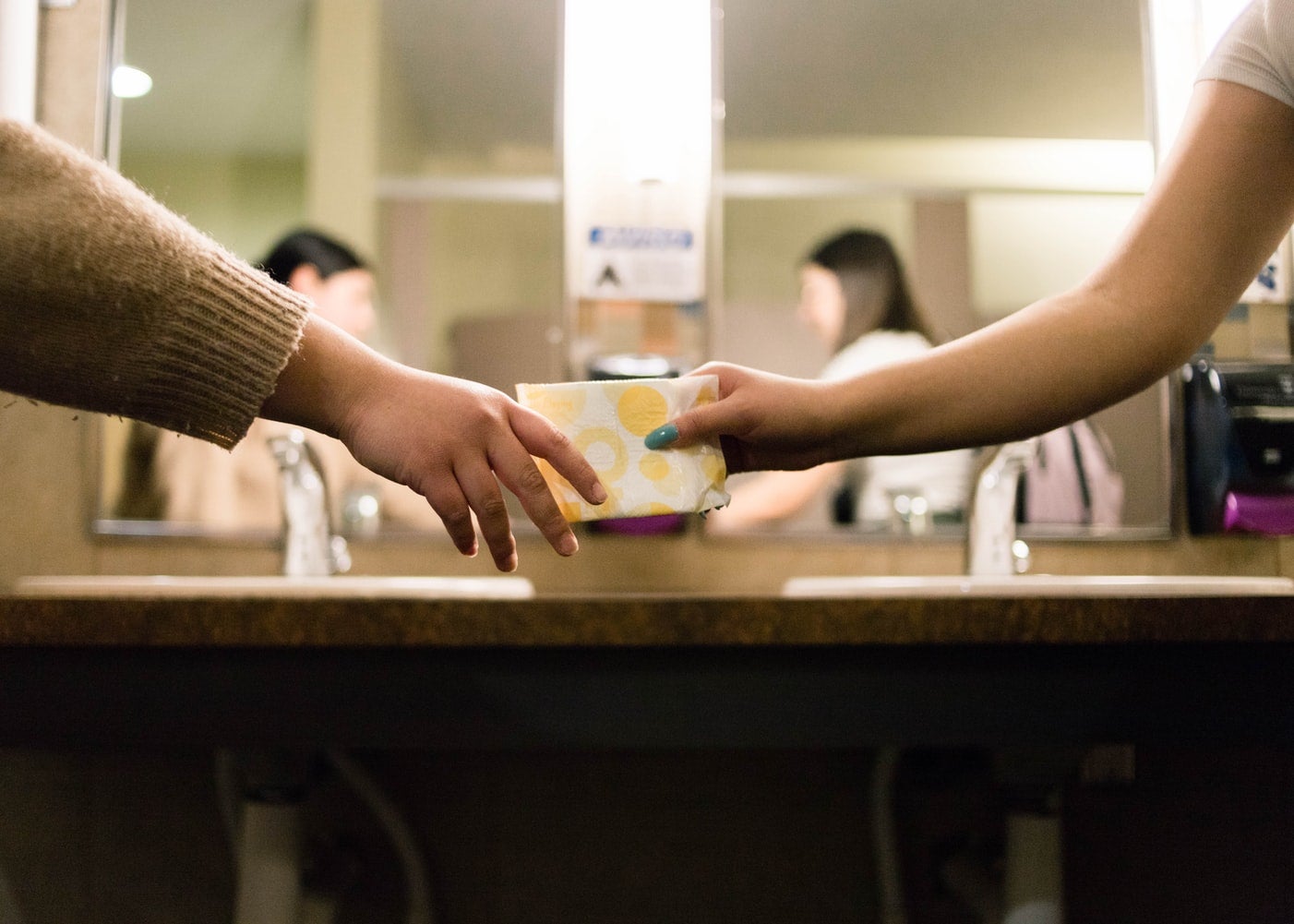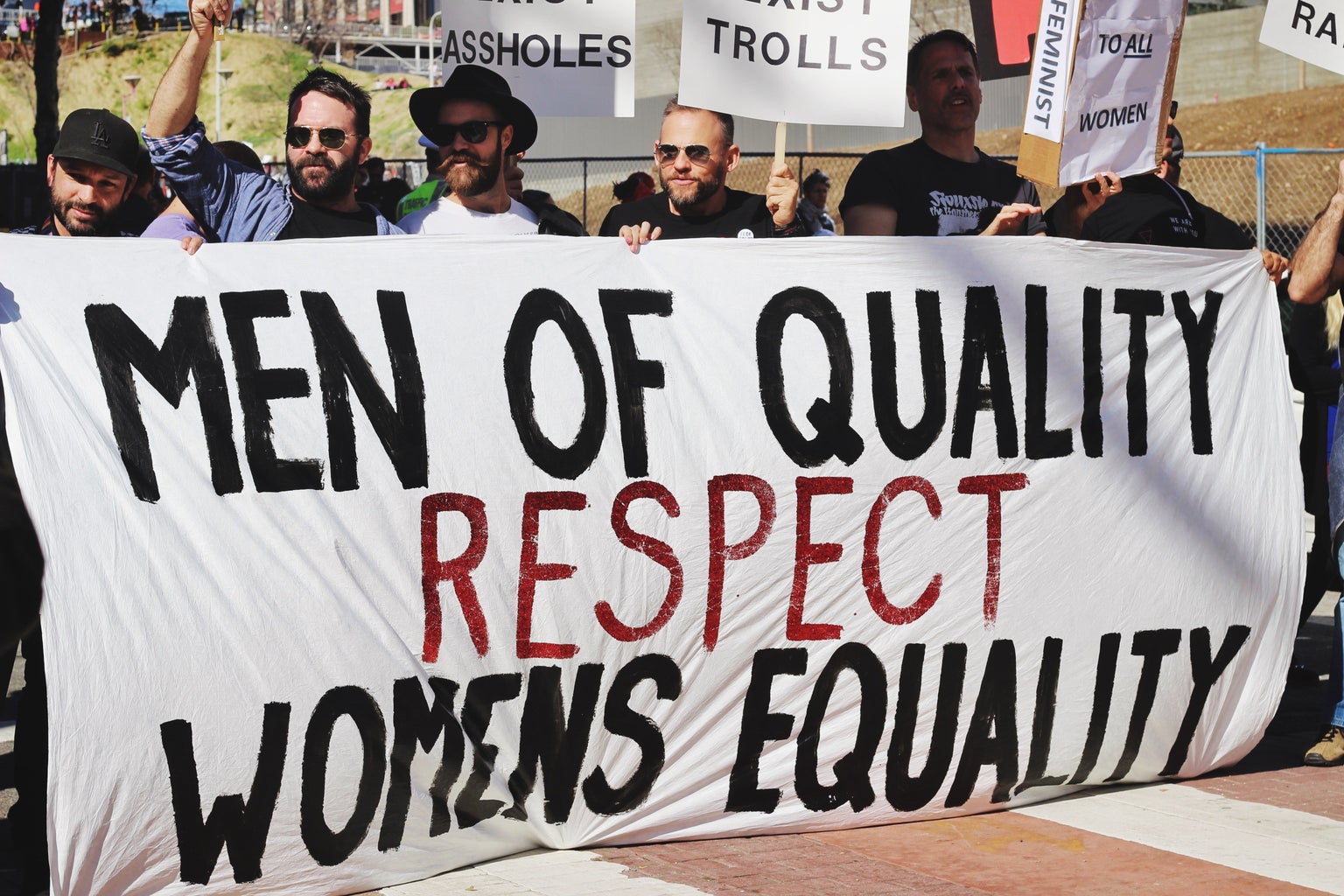Every person with a uterus probably has some horror stories about that “time of the month.” Debilitating cramps, inexplicable mood swings, and the annoying “you must be on your period” jabs are no fun to deal with, but in many parts of the world, people who menstruate additionally face serious social, economic, and political consequences.
An issue that we need to address is “period poverty.” Period poverty is defined as a lack of access to menstrual products, sex education, clean water facilities, or waste management. It disproportionately impacts people of color, as well as people from impoverished countries in the Global South. Only 27% of people in developing countries have access to clean water, and few people have access to pads and tampons on a regular basis. Period poverty is not a unique feature of developing countries, however – in the United States, period poverty heavily impacts homeless people, people in prison, and transgender and non-binary people. If we are to combat period stigma, we need to learn how it harms people who menstruate across the world. Here are a few examples where period stigma harms people with periods globally.
- nepal
-
In some parts of Nepal, menstruation is harmfully stigmatized, to the point where women are considered “impure” on their periods. Some rural towns still uphold “chhaupadi,” a religious tradition where women are banished to sheds while on their period. This practice not only ostracizes women from their families but puts them at risk for animal attacks, sexual assault, and other issues from exposure to the elements. Chhaupadi rates have been declining in recent years, but there are still many women being forced out of their homes while on their period. Human rights organizations have condemned chhaupadi, and there are various actions being taken to legally prohibit its practice.
Arianna Tucker / Her Campus - kenya
-
One million girls miss school in Kenya each month either because they cannot afford sanitary products. In the poorest parts of the country, families live on only a few dollars per day and are forced to choose between buying their children food or sanitary pads. Some middle schoolers even stated that they shared used pads with one another, putting themselves at risk for illnesses like HIV. The Kenyan government has been taking steps to resolve period poverty in their country. In 2004, they removed added taxes on pads and tampons to reduce the price and have allocated the saved money toward providing free pads at schools. However, they have still been criticized for the lack of provided menstrual education. Organizations like ZanaAfrica are working to educate school-aged children about their periods, so they don’t feel confused or ashamed when it’s that time of month.
- iran
-
A study among girls in Iran showed that 48% believed that menstruation was a disease. Many cultural traditions contribute to harmful period stigmatization in Iran, such as not allowing menstruating women to bathe, pray, or enter a mosque. Not only is stigma affecting women socially, it is also harming them physically. Lacking information about periods can lead to reproductive tract infections and other inflammatory diseases. UNICEF has been working with other countries in the Middle East to emphasize menstruation education and hygiene management. UNICEF has also been very vocal about teaching about menstruation to everyone, not just to girls and women, so that misinformation is not a hindrance in the Middle East.
- united states
-
The United States is not immune to issues of period poverty. Two-thirds of Americans surveyed in 2019 shared that they did not have access to menstrual products. This rate is even higher among homeless people or people in prison. Women of color and immigrants reported high levels of period poverty, as is common for many other health issues.42% of women in the US have reported being shamed for having their period, with rude comments mostly coming from male friends. Shockingly, 51% of men believe it is inappropriate for women to mention their periods in a work setting. Periods affect us for most of our lives, yet we’re expected to keep quiet about them.
- ways to help
-
- Use inclusive language.
It’s important to note that not everyone who menstruates is a woman, and not every woman menstruates. Many transgender men and non-binary people have a period but do not identify as women, and many transgender women do not have a period. Many cisgender women additionally do not menstruate, due to birth control, stress, or various other reasons. Instead of using “girls” or “women” in conversations about periods, use “people who menstruate” or “people with periods.”
- Talk about periods.
We’re conditioned to see periods as a taboo topic, but over 800 million people menstruate every day! Trust me, you’re allowed to talk about them. I would even encourage you to talk about them with friends who don’t menstruate. Odds are, some of their rude comments or “jokes” stem from a lack of understanding. It’s not your job to fix ignorance, but starting a conversation could help break down period stigma one step at a time.
- Donate to organizations that work to end period poverty.
Borgen Project is a great place to start if you’re looking for organizations to donate to. Closer to home, look into different homeless shelters or other organizations that accept pads as donations. If you aren’t in a position to donate, you can still contribute to ending stigma by staying educated. Read articles and stay updated on important period-related issues around the world and in your own community.
I hope this information encouraged you to learn more about how period stigma is a universal issue. Period poverty (and periods) isn’t going away anytime soon, but the sooner we address stigma, the sooner we can make leaps of progress for menstruating people around the world.






